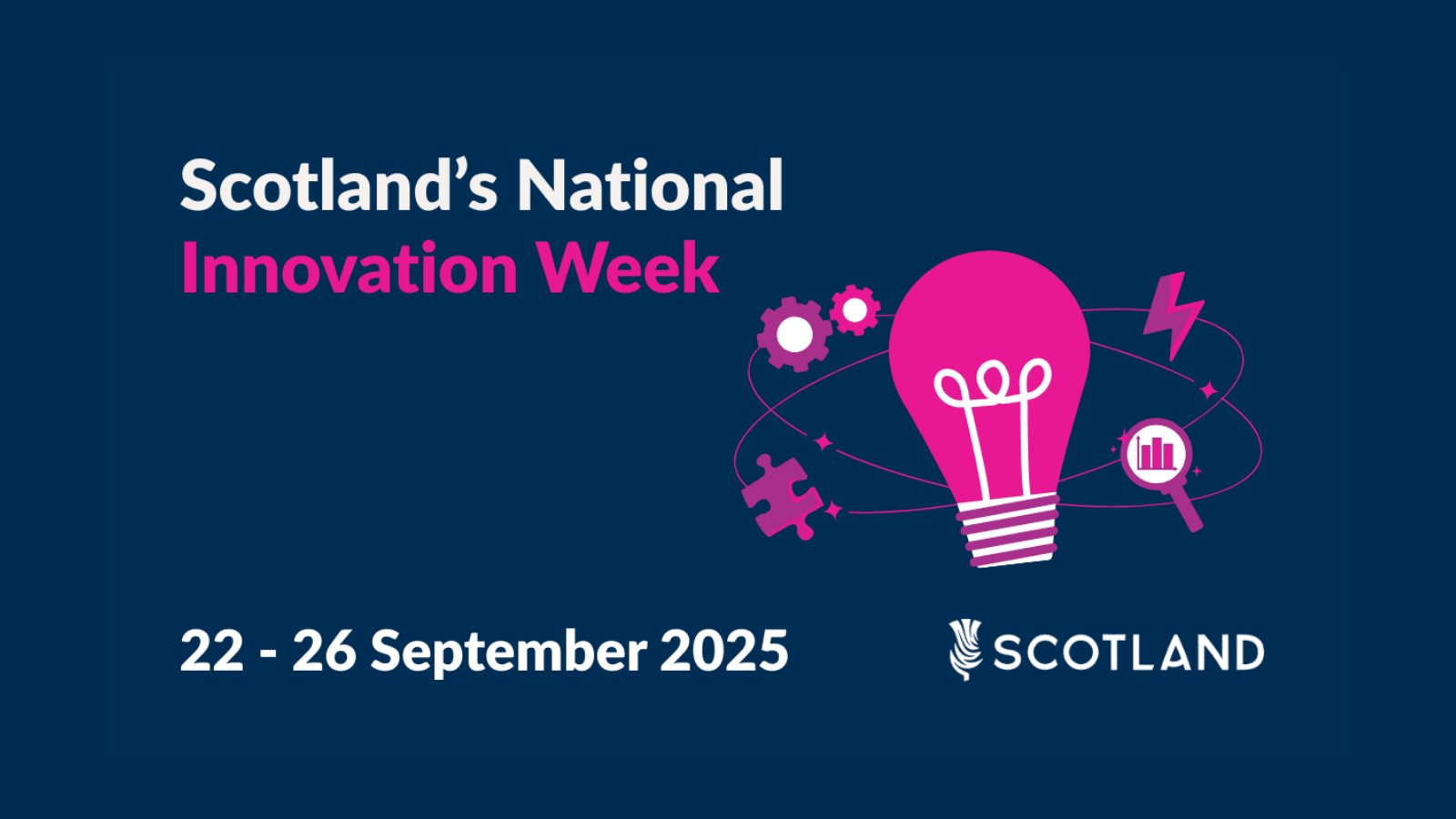Blog
Climate change tackled with tech

Scottish companies are innovating to tackle climate change in many different ways, with Interface proud to be part of finding workable solutions.
Interface has connected many businesses with academics from across Scotland’s Universities and Colleges, to support collaborations that have a positive impact on environmental sustainability – in fact, 50% of projects brokered by Interface were helping businesses address challenges relating to combating climate change and promoting sustainable practices.
Climate tech is a rapidly emerging industry in which data-driven products are developed to enable communities, companies, and governments to understand their risks of climate change and take action to adapt and become resilient.
And the race between climate change and climate solutions has never been more urgent. By sharing our knowledge, we can find solutions faster.
The north-east ecosystem is striving to support green organisations to link in with the right people in universities and colleges to enable economic growth in the area. Our partners include Opportunity North East, ScotlandIS, The DataLab, CENSIS, Barclays EagleLabs, the OGTC, Skills Development Scotland, Elevator and Scottish Enterprise.
As a group, events are hosted to bring the community together to share ideas and connections and stimulate research and development activity.
This March, we hosted a webinar on behalf of our north-east partners, to reach businesses which are thinking about linking in with academic expertise to solve environmental challenges, or develop, create and test their products or services.
We heard from Marc Strathie, Research and Policy Manager at ScotlandIS, the membership organisation for the digital technology industry, which is at the forefront of identifying tech trends in Scotland. With climate tech being one key trend, ScotlandIS published a report in March, commissioned by Scottish Enterprise, which showed that Scotland is playing a leading role in developing new technology that can help meet the challenges of global climate change.
The report highlights the global opportunities for Scotland’s tech community to capitalise on climate technology needs across a range of sectors, including energy, the built environment, land-use and transport.
A good example of a company supported by Interface, which is tackling green transport and travel issues is Pawprint. The eco-tech start-up is combining technology, behavioural science and carbon data in one app so people can measure, understand and reduce their own carbon footprints, or pawprints.
My colleague Louise Arnold helped the team access support from Scottish Alliance for Geoscience, Environment and Society (SAGES Research Pool) to place a researcher with the company to analyse the most effective way to encourage meaningful, long term changes in people’s behaviour with access to a live community of test users.
We’ve supported numerous companies in the quest to discover more environmentally sustainable materials. For instance, Algae Ltd partnered with Edinburgh Napier University on creating plant-based alternatives to plastic.
Meanwhile McCormack Innovation Ltd joined forces with University of Dundee to develop soluble material for a variety of uses (wound dressing and a flushable material for collecting stool samples).
In another webinar hosted by Interface on the circular economy and climate change, academic and business experts offered ideas and inspiration in developing green solutions. One speaker with first-hand experience of academic collaboration was Michael Forbes, Refurbishment Manager at Renewable Parts Ltd., which refurbishes wind turbines. He made the observation that “there are very small companies doing really great things.”
The majority of companies we work with are small and medium-sized and have proven that small is powerful when it comes to the planet’s biggest issues, including meeting the Scottish Government’s target of net-zero carbon emissions by 2045.
Our role in matchmaking businesses to academic expertise, helps to foster fruitful partnerships, around 75% of which continue after the initial project undertaken.
With team members located across the country, we are supporting companies in all regions, establishing what challenges they are seeking to solve and identifying relevant academic expertise. Having people “on the ground” in this way means that we can build strong relationships with the companies and support them with the right opportunities with universities and colleges, whether it’s partnering with students, researchers or professors, or accessing specialist facilities.
With worldwide attention focusing on Scotland during COP26 this November, there is no better time to highlight the incredible innovations to tackle the climate emergency – and to bring business and academia together in the battle of this planet.
***
Contact us for more information about Interface’s free, impartial service and Scottish Funding Council Innovation Voucher funding that can be tapped into enabling academic-business partnerships.



